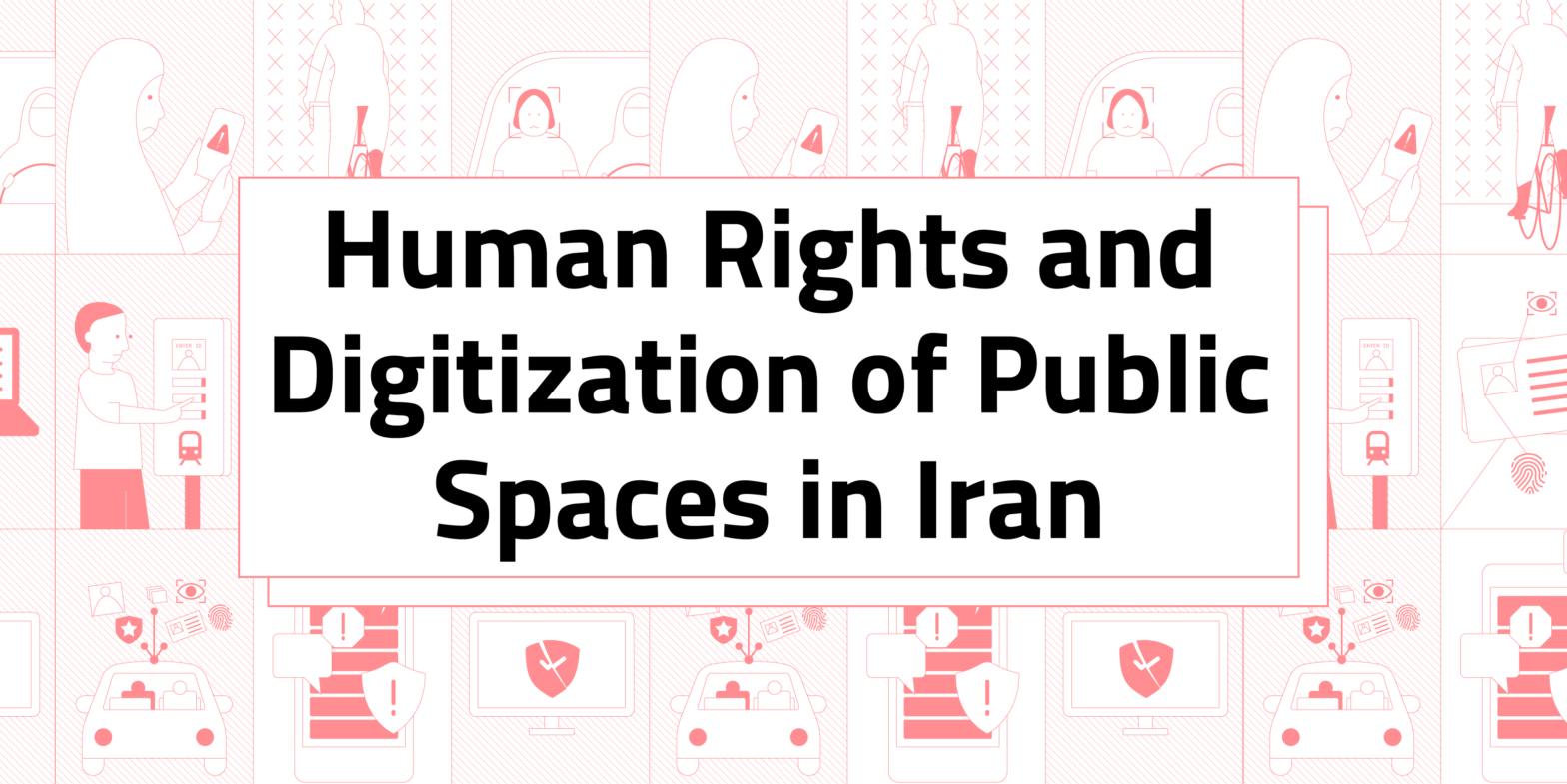By: Melody Kazemi and Azin Mohajerin The Iranian government has long sought to exert rigid control over its population, using a range of tactics to suppress dissent and restrict human rights and freedoms. These violations only become more extreme when it comes to the rights of marginalized communities, including women. Iran’s legal framework facilitates theContinue reading “Surveillance and Secrecy: Examining Iran’s Claims on the Use of Facial Recognition for Social Control”
Author Archives: Filterwatch
Part Two – Children’s Internet and Digital Rights in Iran: Creating an Online Ecosystem
Read Part One Here and Part Three Here Summary After the ratification of plans and policies to create a “children’s internet” the first major step for turning these plans into reality was the introduction of SIM cards for children by mobile network providers. What the authorities hope to create per their policies has not yetContinue reading “Part Two – Children’s Internet and Digital Rights in Iran: Creating an Online Ecosystem”
Part One – Children’s Internet and Digital Rights in Iran: Policies and Legislation
In September 2014 President Hassan Rouhani’s government attempted to end the telecom monopoly by granting 3G and 4G service licenses to all providers, bringing mass access to fast mobile internet into reality, even in the most remote and economically deprived parts of the country, without the need for major capital investments in infrastructure, such asContinue reading “Part One – Children’s Internet and Digital Rights in Iran: Policies and Legislation”
Part Three – Children’s Internet and Digital Rights in Iran: an International human rights perspectives for children’s online safety
Read Part One Here and Part Two Here Introduction In many respects, the internet has become a very important part of children’s lives. As they continue to spend considerable amounts of time online, be it for educational or entertainment purposes, it is important to consider and respect their rights in the digital world. In aContinue reading “Part Three – Children’s Internet and Digital Rights in Iran: an International human rights perspectives for children’s online safety”
A Summary of The Intercept’s Report: “How Iran Can Track and Control Protesters’ Phones”
Read The Intercept report written by Sam Biddle and Murtaza Hussain in English and in Persian. Internet shutdowns and online restrictions are well established methods of suppression in Iran, and there is evidence to suggest that authorities are now using an array of technologies to assist them in implementing their crackdowns. Just this week we have seenContinue reading “A Summary of The Intercept’s Report: “How Iran Can Track and Control Protesters’ Phones””
HackerWatch: January – June 2022
Over the past year, tensions over Iran’s nuclear program have permeated into cyberspace at an unprecedented rate, prompting an unending wave of tit-for-tats with Israel. Ostensibly anonymous hacktivist groups presenting as dissidents have repeatedly targeted Iran’s public sector with espionage and sabotage attacks. Both sides have accused the other of orchestrating these attacks. Thus far,Continue reading “HackerWatch: January – June 2022”
FATAwatch: April – June 2022
From early April through June, FATA cyber police frequently issued the following charges to citizens for their online activities: “propaganda against the state,” “disturbing public opinion,” “promoting promiscuity and moral corruption,”and “publication of immoral material.” Previously, FATA was more engaged in confronting gambling sites and online fraud. In an apparent turn of priorities, however, itContinue reading “FATAwatch: April – June 2022”
Iran’s Domestic Messaging Apps: Abandoned Rafts Floating on the Ocean of Internet Restriction Policies
The role of Telegram in the late 2017-early 2018 protests resulted in the app being blocked by the Judiciary on 30 April 2018 and intensified government attention on the role of messaging apps in the online ecosystem, triggering a heightened security response to the use of international messaging apps in Iran. With such increased sensitivitiesContinue reading “Iran’s Domestic Messaging Apps: Abandoned Rafts Floating on the Ocean of Internet Restriction Policies “
Human Rights and Digitization of Public Spaces in Iran
Filterwatch has partnered with Taraaz, a non-profit organization at the intersection of technology and human rights, to produce a report entitled “Human Rights and Digitization of Public Spaces in Iran.” It appears at a key moment for digital rights in Iran, as protesters take to the streets and the Islamic Republic responds with brutal onlineContinue reading “Human Rights and Digitization of Public Spaces in Iran”
Swift Price Hike Comes After The Islamic Republic Fails To Increase Domestic Internet Use
In March, Iranian internet users suddenly were faced with a significant rise in the cost of their internet. Major internet service providers (ISPs) hiked their prices 30% to 100%. Iranians took to social media in droves to complain. As a population struggling to make ends meet amid their country’s economic crisis, many households risk noContinue reading “Swift Price Hike Comes After The Islamic Republic Fails To Increase Domestic Internet Use”









